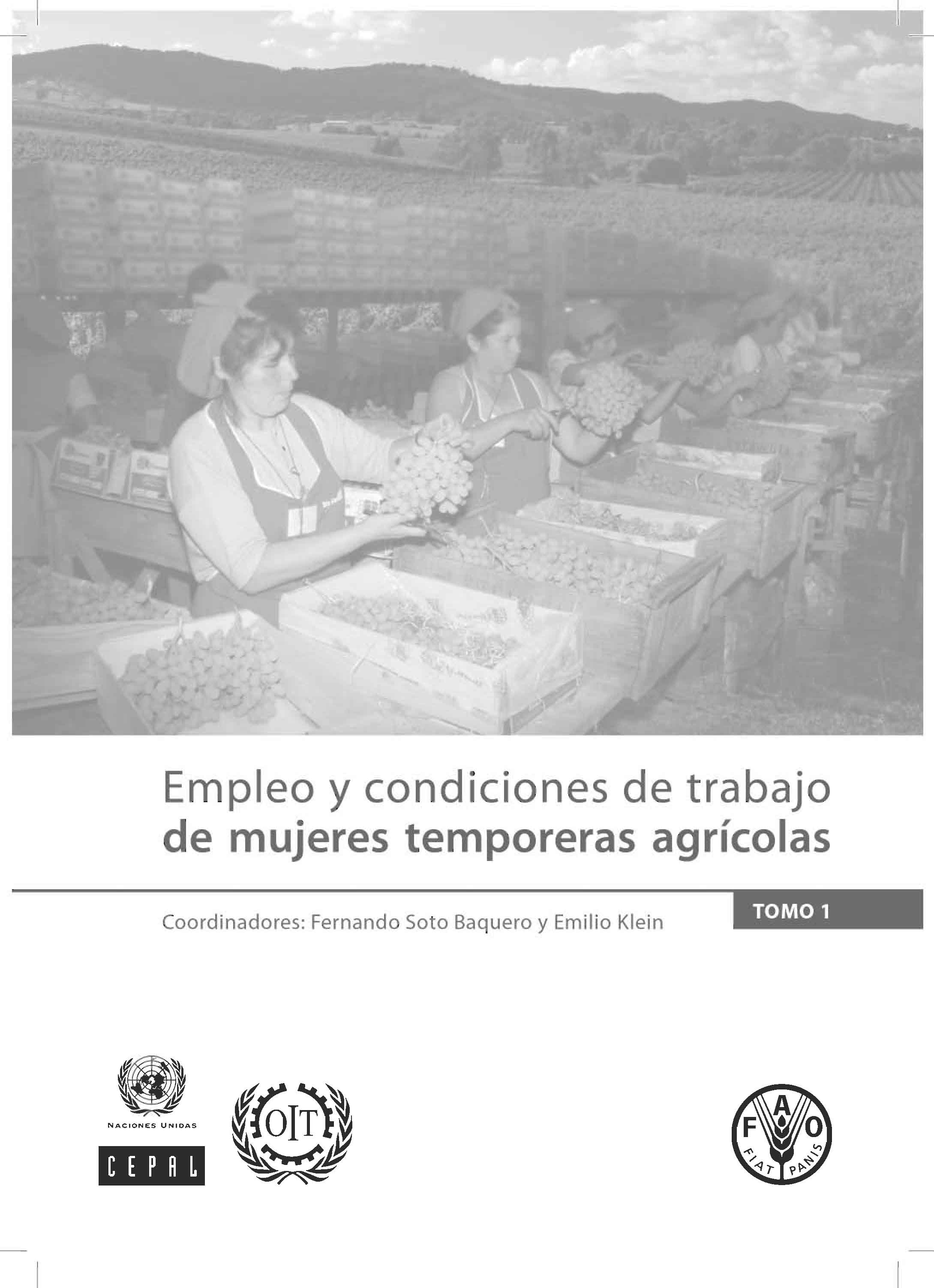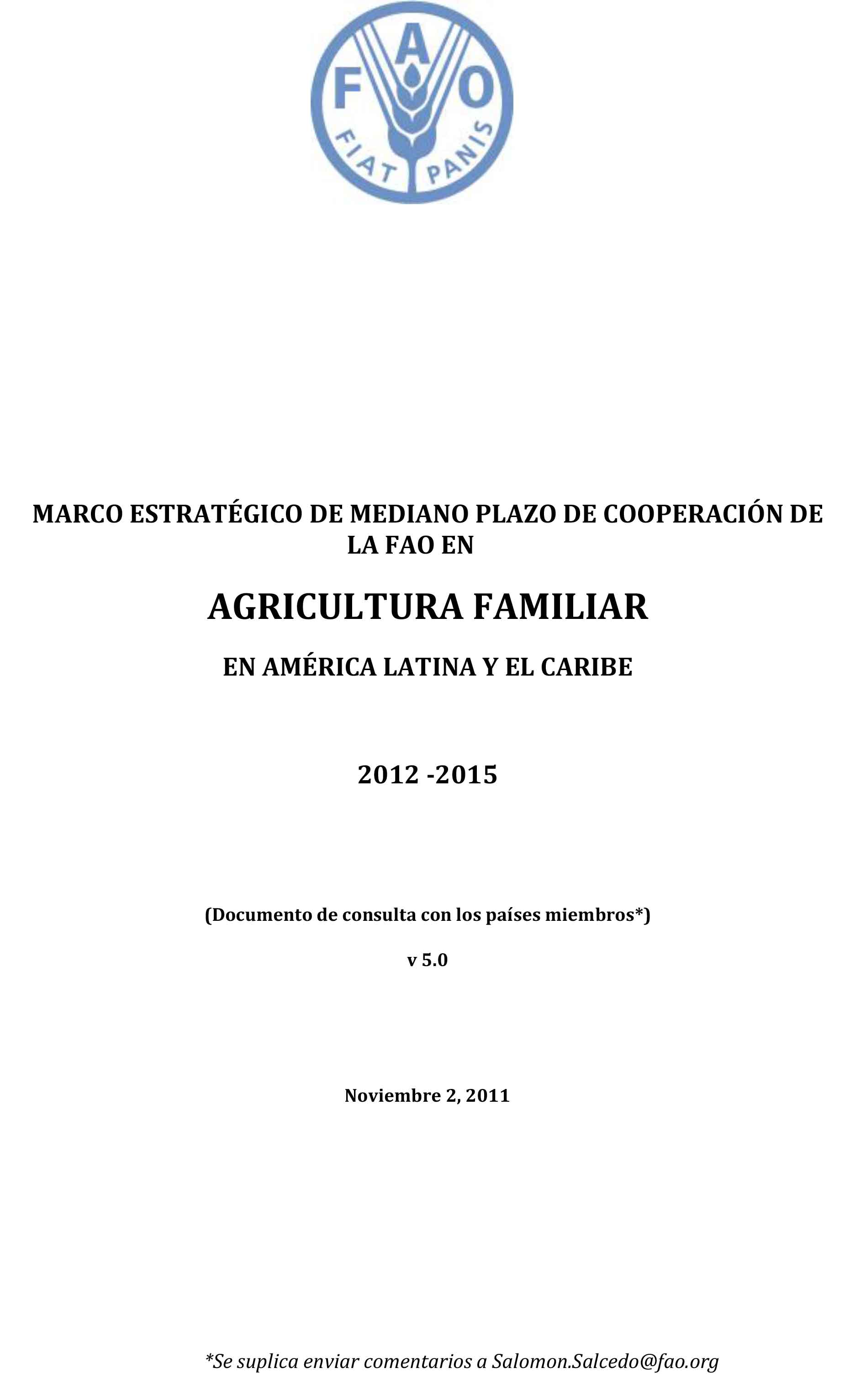Microfinance
Among financial institutions serving poor households around the world, microfinance programs have emerged as important players. These programs typically make small loans—sometimes as small as US$50 to US$100 and sometimes as large as several thousand dollars-to households lacking access to formal-sector banks (see, for example, Lapenu and Zeller 2001). One important achievement of the microfinance movement has been its relative success in deliberately reaching out to poor women living in diverse socioeconomic environments.











